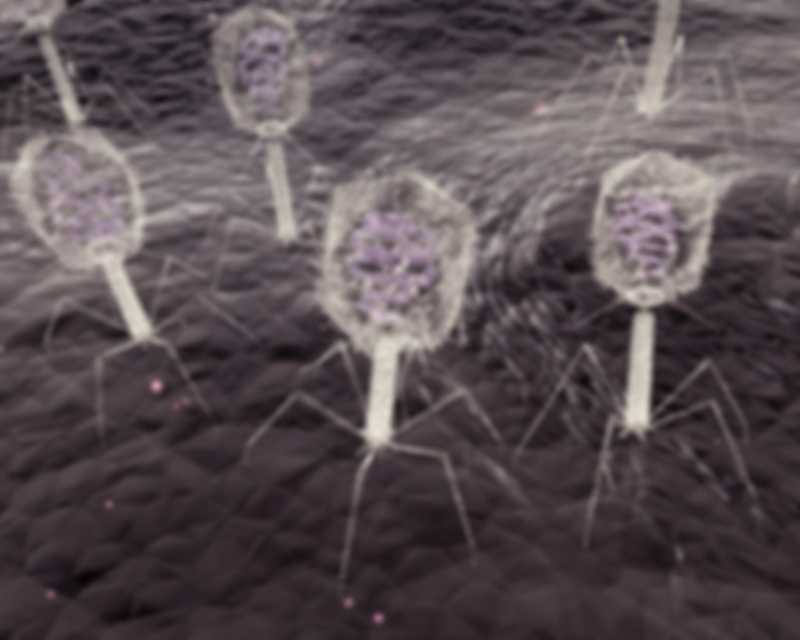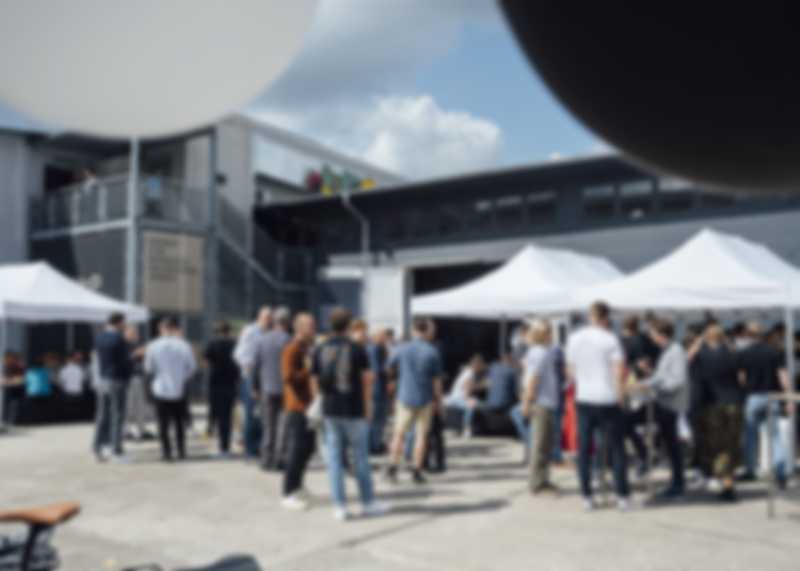10 MILLION EUROS FOR DEVELOPING NEW, BREAKTHROUGH DRUGS AGAINST VIRAL INFECTIONS
On 1st November 2023 the participants enter the third and final phase of the Broad-Spectrum Antivirals SPRIND Challenge. Four teams will each receive 2.5 million euros over the next 12 months to further develop new drug options against viral diseases.
Since the COVID-19 pandemic, we know: Viruses are a threat to human health worldwide. Despite the considerable success of vaccines, antiviral drugs are also needed to help sufferers. For many viral diseases there are still no effective drugs or therapeutic treatments. Yet, looking at outbreaks of SARS-CoV-1, MERS-CoV, Ebola, or influenza has made it clear that we must prepare for future epidemics and pandemics.
In order to achieve breakthroughs in the development of new antiviral drugs, the Federal Agency for Breakthrough Innovation called upon innovators and researchers to participate in this SPRIND Challenge two years ago. In the 3-year challenge, several teams each with different solution strategies compete to find the most promising active ingredients based on new technology platforms.

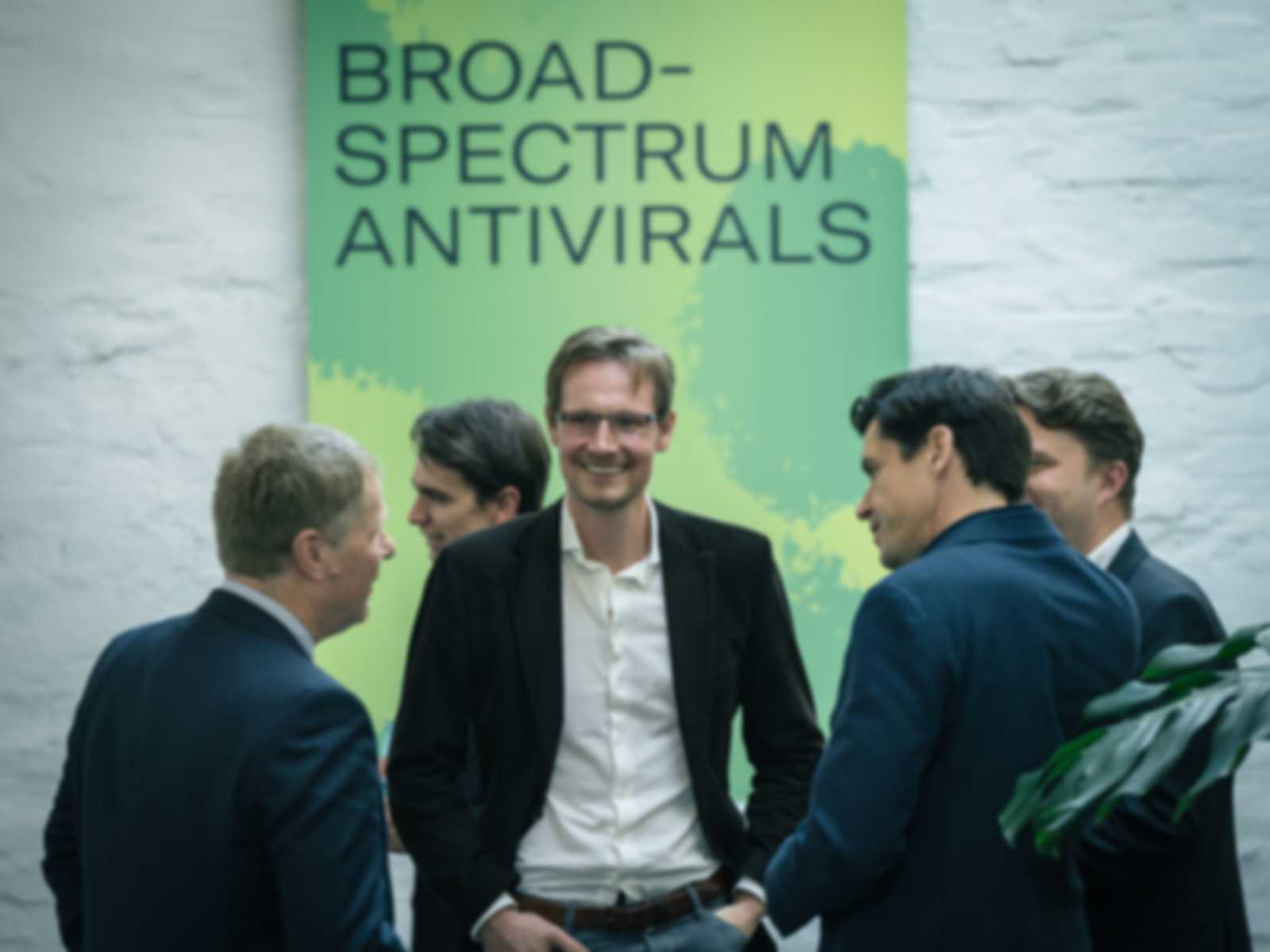
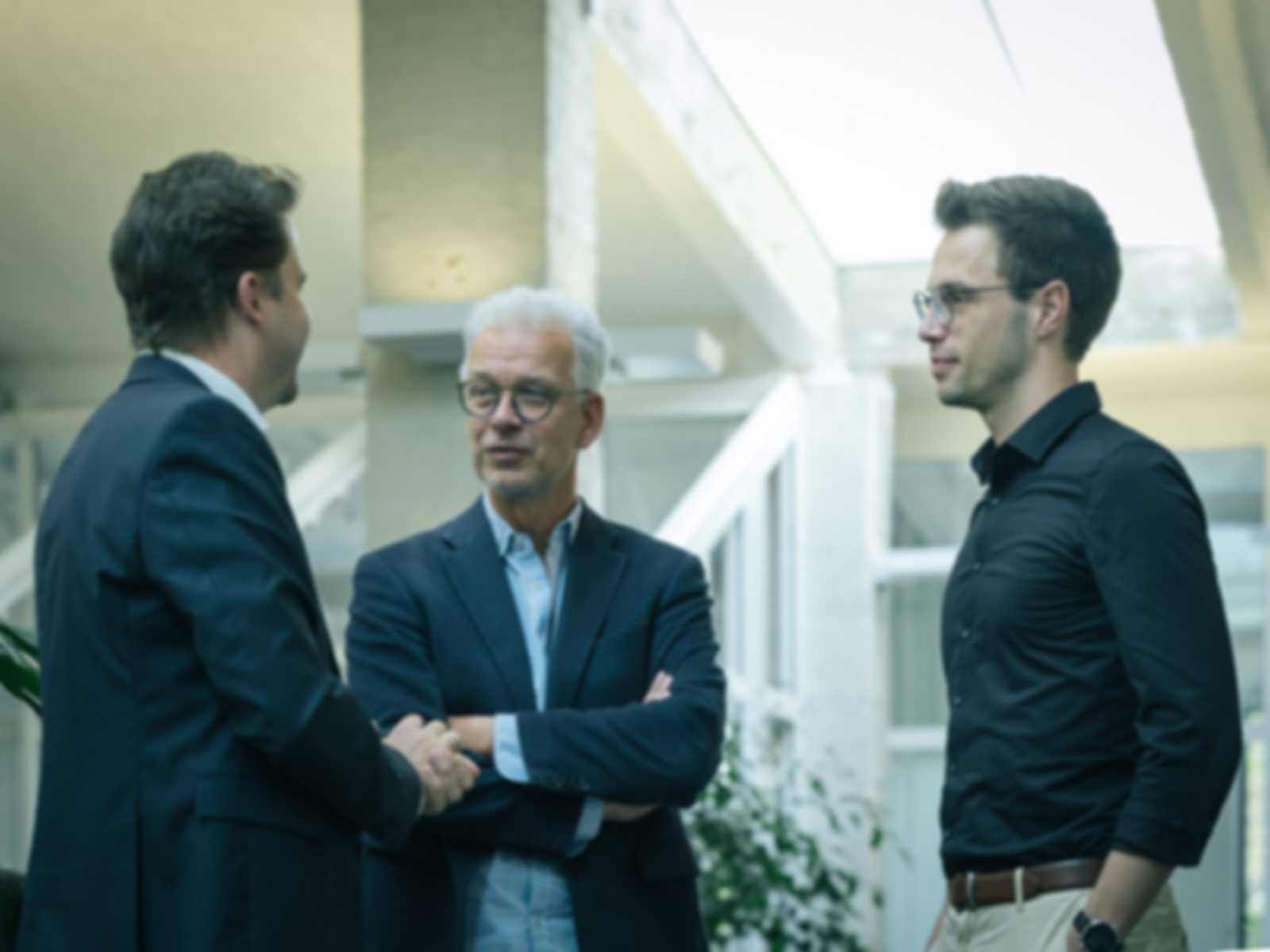
A jury from science and industry has now selected four candidates from the remaining six teams who will participate as finalists in the last stage of this innovation competition. The following teams were able to convince the jury that their work can produce new antiviral drugs with the potential to be used successfully against viruses that are still unknown today.
CRISPR ANTIVIRALS – uses the CRISPR/Cas13 antiviral defense system, perfected over millions of years of bacterial evolution, to block the replication and cytopathic effects of RNA viruses such as SARS-CoV-2 by cleaving their viral genome and mRNA. Prof. Dr. Elisabeth Zeisberg (UMG, spin-off Avocet Bio GmbH) and her team have found a way that promises to be particularly robust against viral mutations.
iGUARD – led by Prof. Dr. Axel Schambach (MHH), is developing next-generation RNAi-based molecular therapeutics against respiratory viral infections. The team uses machine learning to automatically identify targets as well as an optimized vector platform for delivery and preclinical validation in human-derived, patient-relevant models. This automatic identification of target structures is expected to allow antiviral therapeutics to be developed much faster than before.
MUCBOOST – led by Dr. Daniel Lauster (FU Berlin, spin-off MucosaTec GmbH), is developing an upgrade against pathogens by enhancing the antiviral efficacy of mucus, the coating of our airways. This upgrade works according to a modular principle and can be flexibly adapted to a wide variety of viruses. At the same time, the approach has the potential to reduce transmissibility by making the viruses adhere more strongly to the mucus: It thus acts like a molecular mask.
VIRUSTRAP – uses DNA origami technology to build nanoscale traps for viruses. To this end, the team led by Prof. Dr. Hendrik Dietz (TUM, spin-off Capsitec GmbH) constructs half-shells of single-stranded DNA that enclose and neutralize viruses. The size and shape of the shells can be flexibly adapted to different viruses.
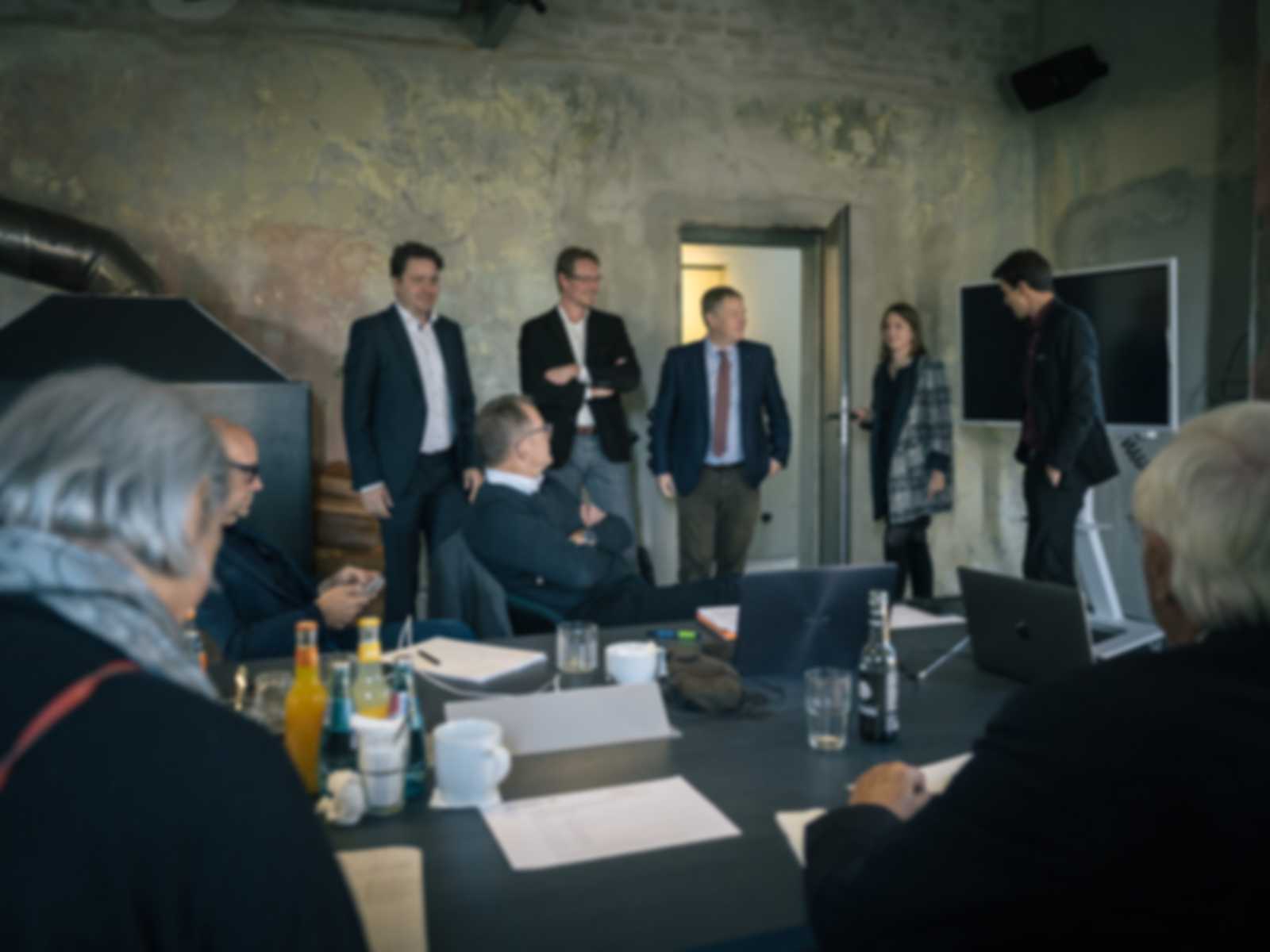

Over three years, the selected four teams will each receive around 4.7 million euros from SPRIND. For the allocation of funds in the SPRIND Challenges, the Federal Agency for Breakthrough Innovation is utilizing a new innovation funding mechanism in Germany, the pre-commercial procurement process. Compared to other mechanisms for government innovation funding, pre-commercial procurement is much faster and allows greater flexibility in the use of the funds, so that even smaller teams and start-ups can afford to participate without prior funding application expertise. These special funding conditions have contributed to the fact that three of the Challenge Teams have spun off promising companies so far.
SPRIND Challenges have quickly established themselves as an effective funding tool for bridging the ‘valley of death’ between basic research and proof of concept. By funding different approaches over several years and evaluating their development progress, we can select the best solution. To ensure these new drug options are further developed and produced so they are readily available when needed, we now still need an Advance Market Commitment (AMC) from the public sector to address market failures that cripple private investment in pandemic drugs.
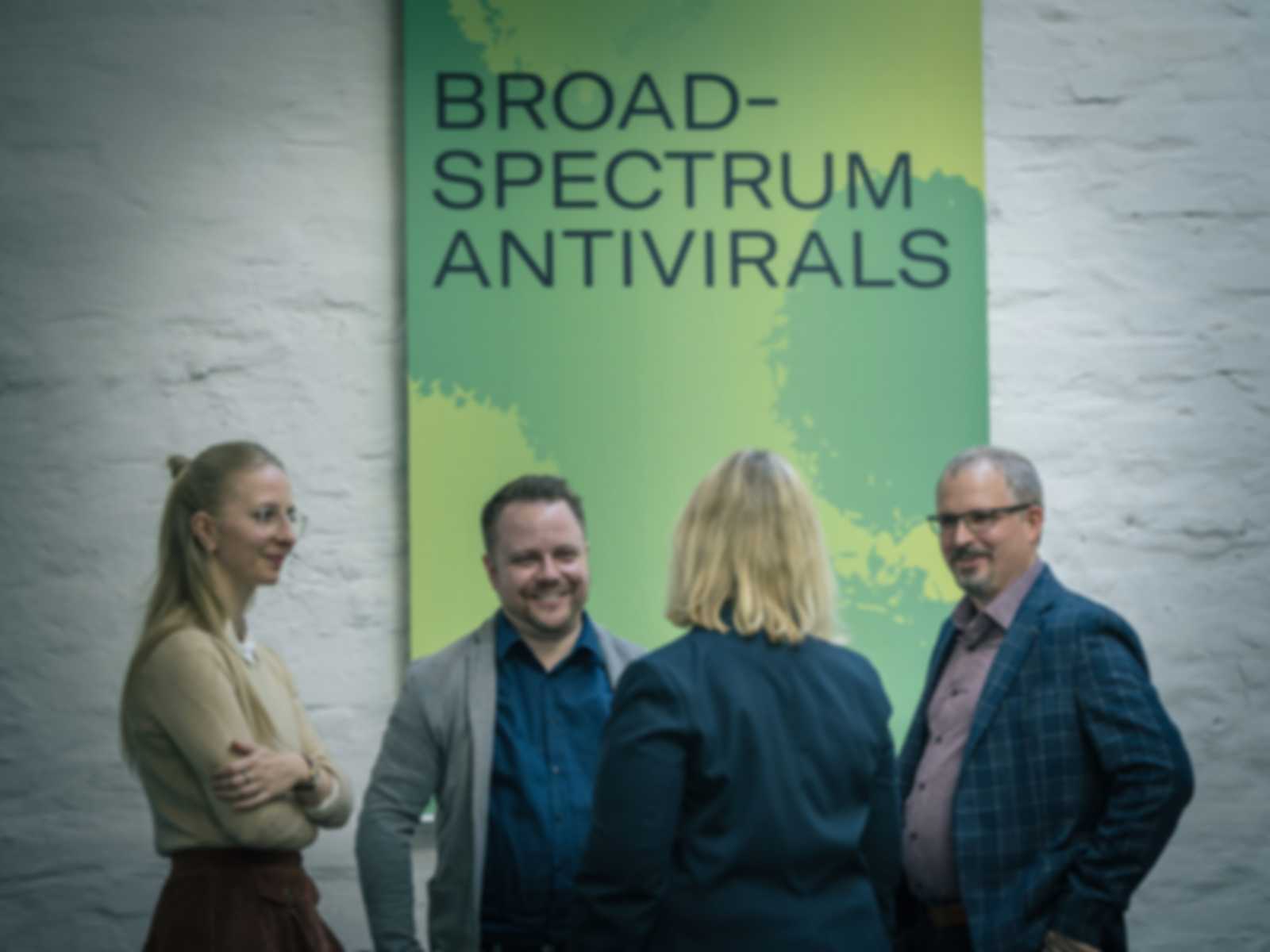
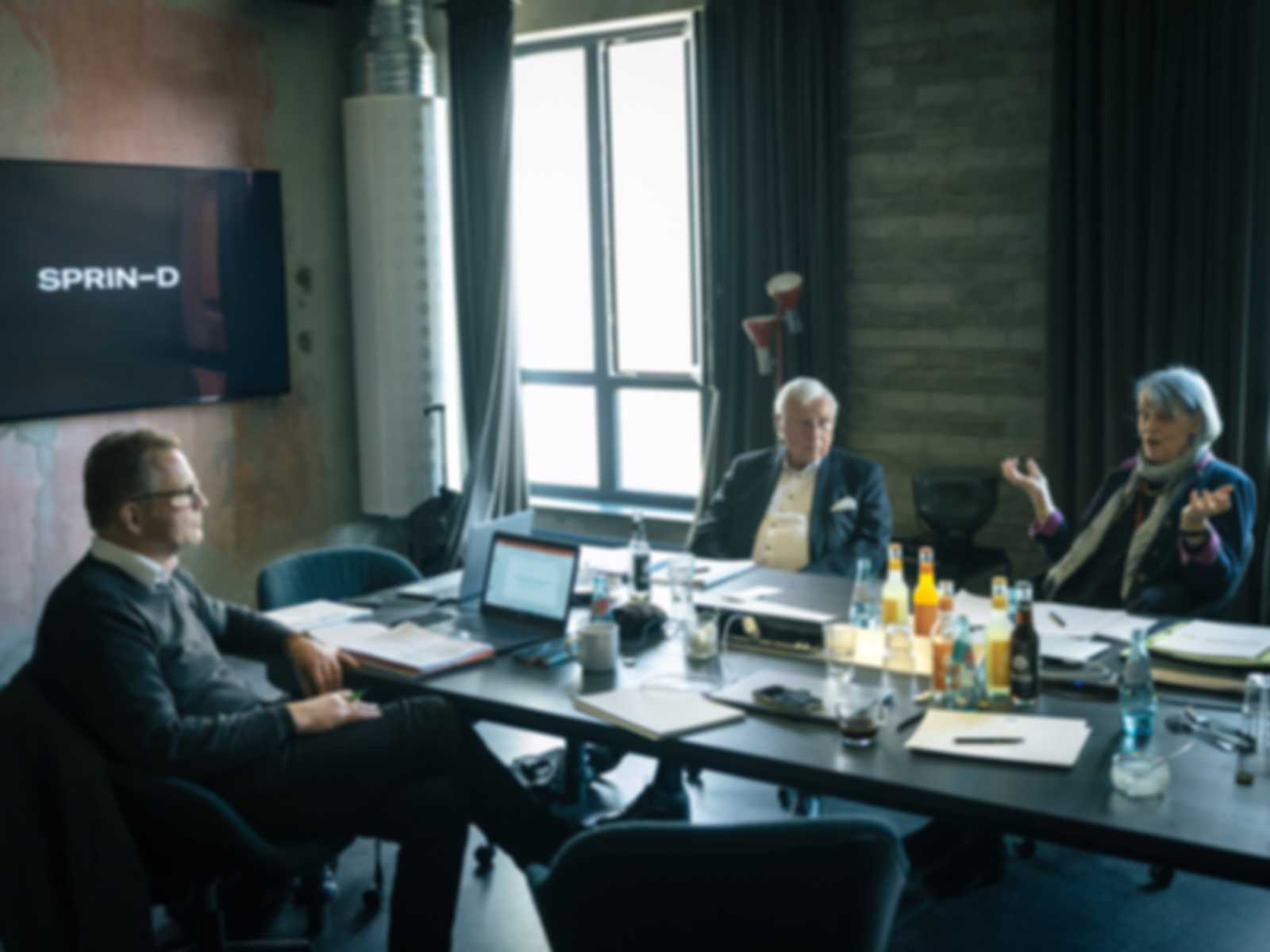
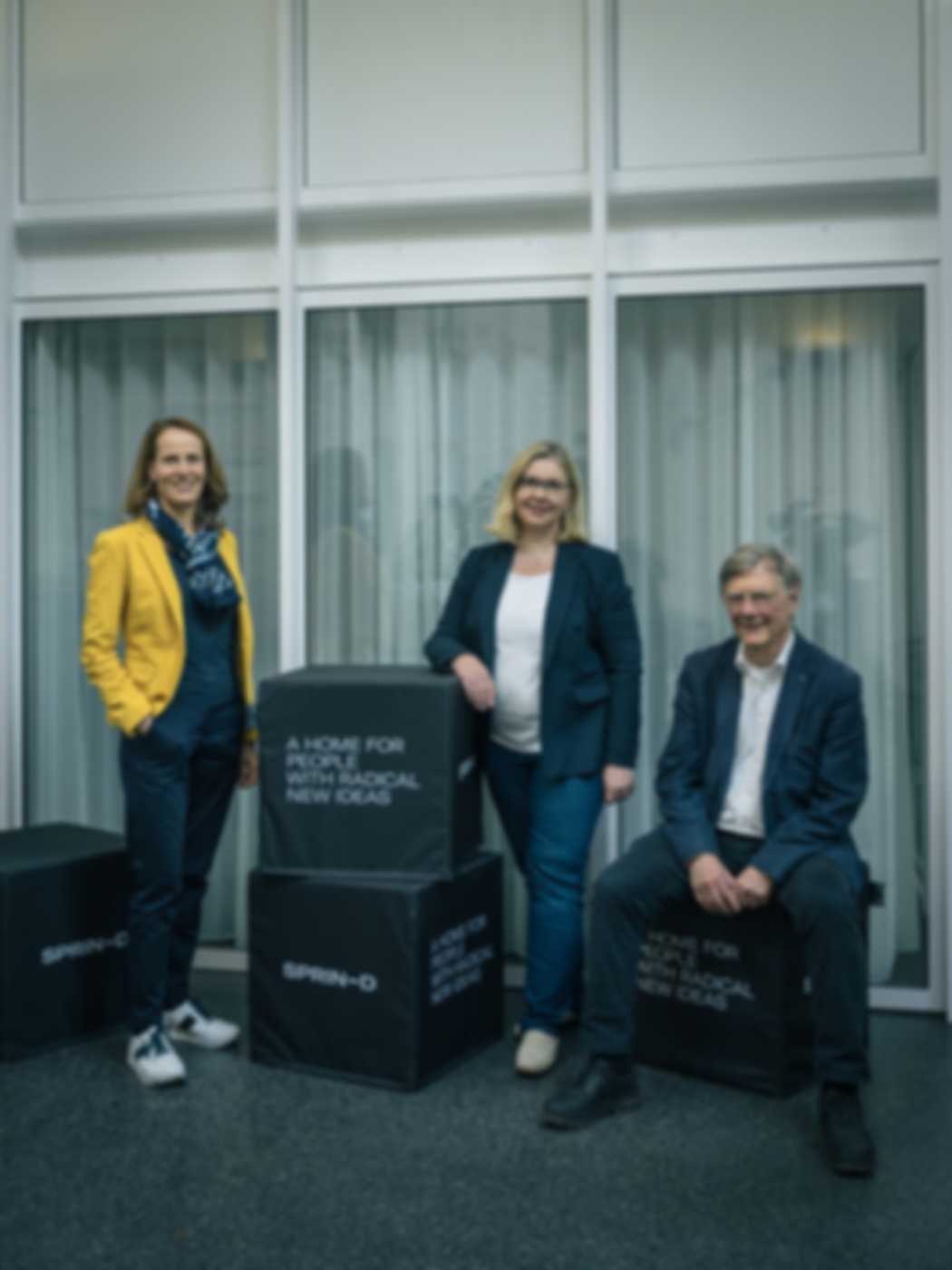
An AMC guarantees the acceptance of products, in this case broad-spectrum antivirals, with clearly defined product characteristics. When the AMC is established, these products are not yet available, so they have to first be developed. However, the market commitment is not made to specific companies. It is addressed instead to all market participants that meet the predefined performance criteria of the product. This way, scientists can overcome the crucial hurdle of investment, namely demand uncertainty. Such advance market commitments have been shown to create a pull effect
by establishing an otherwise nonexistent market.
In turn, by eliminating demand uncertainty, investors, like venture capitalists or pharmaceutical companies, can invest in the development of new technologies since they no longer bear both developmental and technological market risks but merely
the technological risks. This concept has already proven successful in the areas of CO₂ sequestration and vaccine development.
Further information on this SPRIND Challenge and the participating teams can be found at https://www.sprind.org/en/challenges/antiviral.

